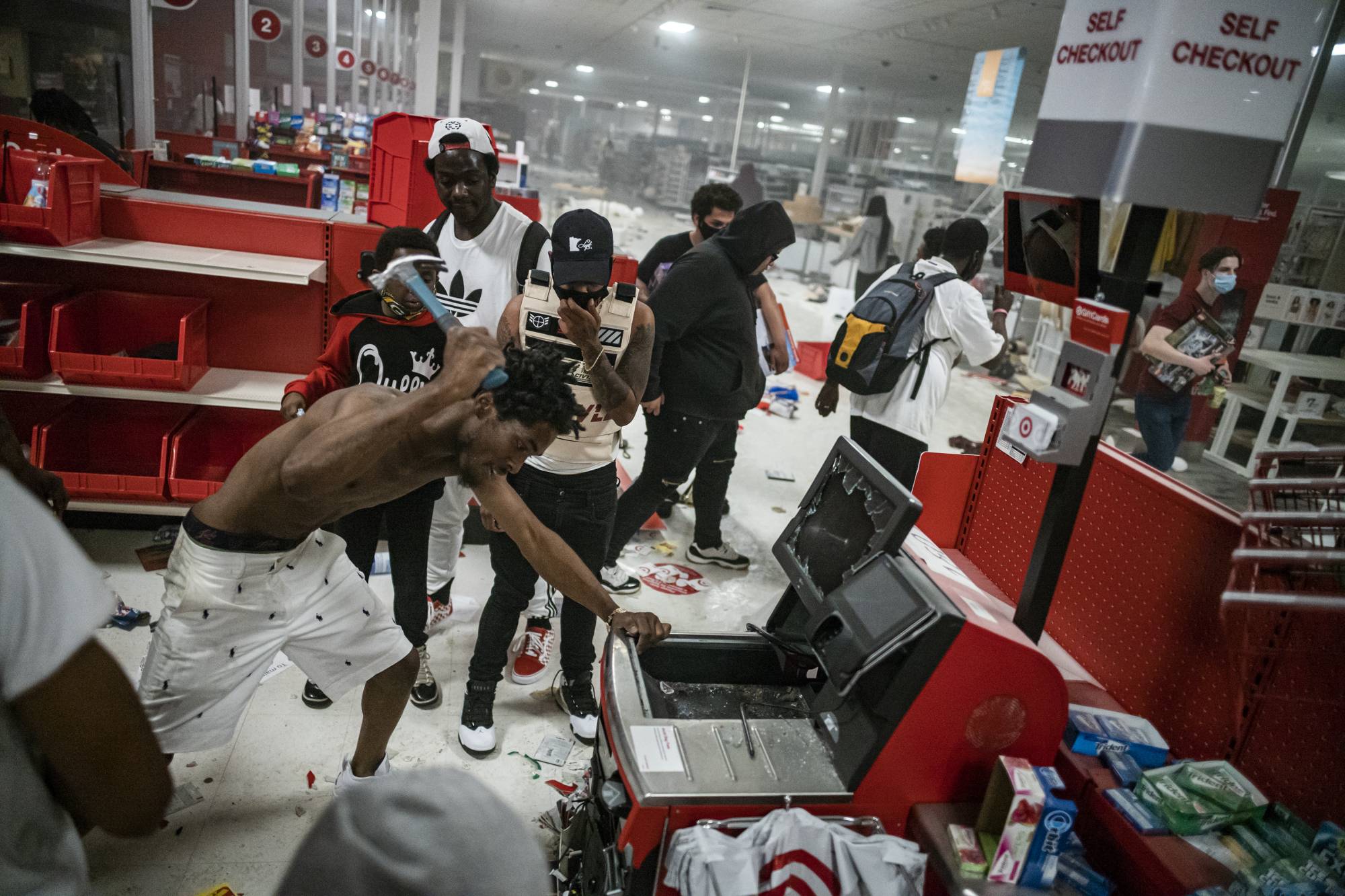Just after dawn last Wednesday, the smell of smoke lingered over the intersection of Lake Street and Chicago Avenue in Minneapolis. It's a major commercial thoroughfare, home to dozens of black-owned businesses. It's also eight blocks from where George Floyd suffocated beneath a police officer's knee and died on May 25. During the chaos that followed, dozens of Lake Street's buildings and businesses burned.
It was a serious blow to a community that's struggled for decades to achieve economic equality. In 2018, the median income for black households in the Minneapolis-St. Paul area was $38,200; for whites, it was $82,500. That’s a wider gap than for the United States as a whole, despite the area’s progressive reputation, a corporate community that's renowned for its civic-mindedness, and a robust regional economy.
Worse, it echoes a range of other depressing metrics — including gaps in employment, wages, education and business ownership — that make the Twin Cities one of the most unequal metro areas in the country. In some ways, these are very much local problems. But they also exemplify some broader long-term trends that have contributed to the current national crisis.


















With your current subscription plan you can comment on stories. However, before writing your first comment, please create a display name in the Profile section of your subscriber account page.